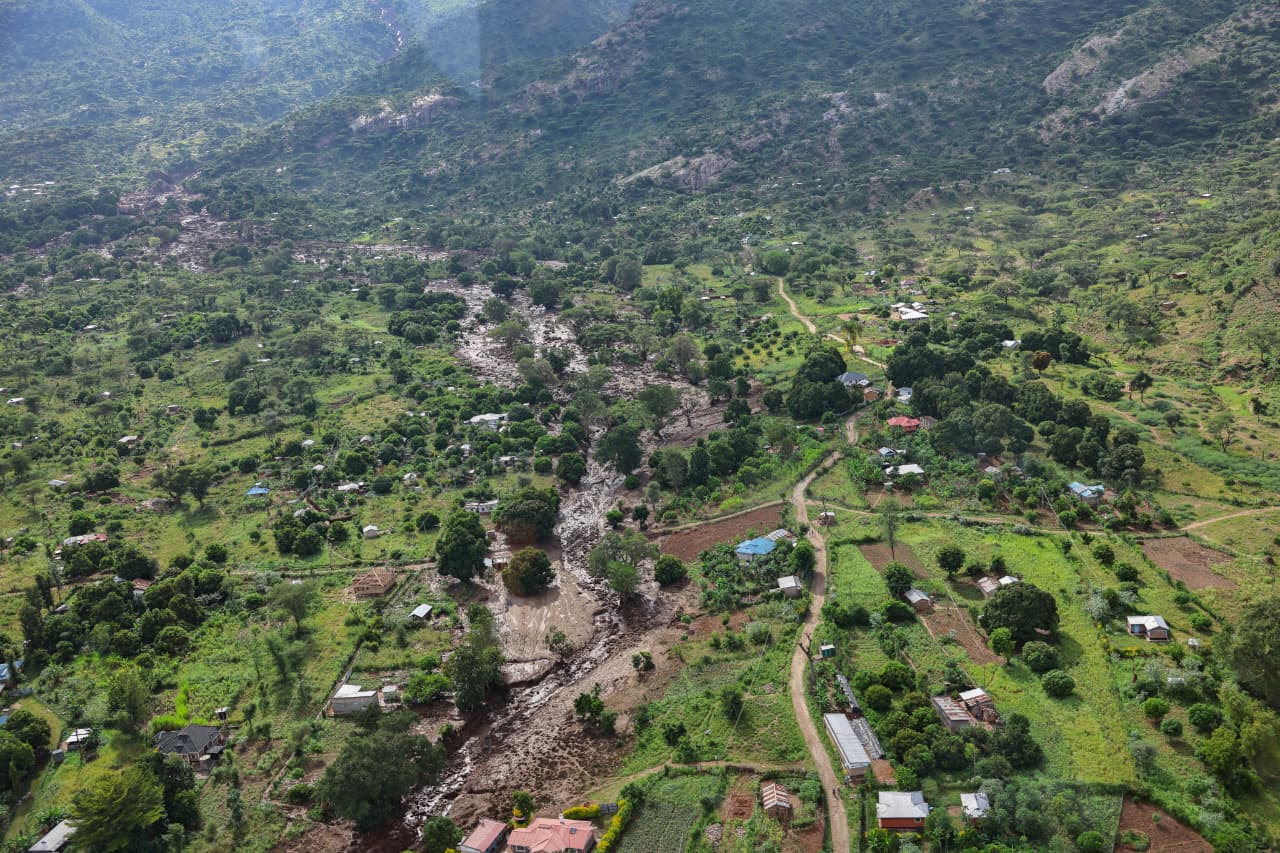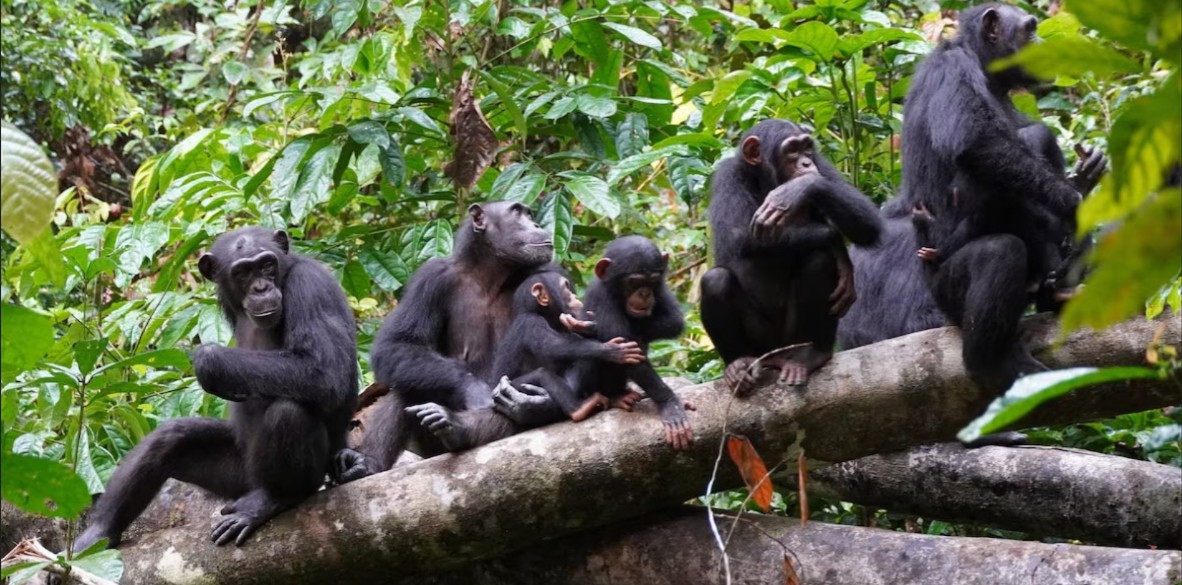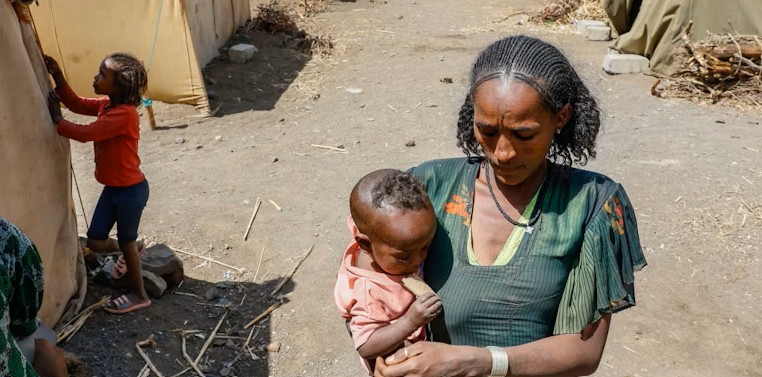Activists seek ban on dangerous pesticides threatening health, bees and exports in Kenya

The case cites evidence linking exposure to highly hazardous pesticides to severe health complications, including cancers, neurological disorders, reproductive health problems, immunological diseases, and obesity.
Two petitioners have approached the Environment and Land Court seeking to halt the use and distribution of a broad range of agrochemicals in Kenya, citing serious risks to human health, the environment, and agricultural exports.
The case was filed by the African Centre for Corrective and Preventive Action (ACCPA) and activist Kelvin Mugambi Kubai.
More To Read
- Kenya Maritime Authority, Kenya Plant Health Inspectorate Service clash over container inspection levies
- Ship agents oppose KEPHIS pest inspection charges on shipping lines
- KEPHIS warns proposed seed law could threaten food security, hurt farmers
- KEPHIS opposes seeds Bill 2025, warns of weakened oversight and rise in counterfeit seeds
- Senate moves to unlock farmers' fast access to drought-hardy seeds in new Bill
- Shippers protest Kephis’ new container inspections, warn of delays and higher costs
In their pleadings, they are asking the court to ban pesticides including glyphosate, paraquat, imidacloprid, clothianidin, fipronil, chlorpyrifos, thiacloprid, thiamethoxam, fenitrothion, malathion, and dinotefuran.
The petition names as respondents the Agrochemicals Association of Kenya, multinational corporations Monsanto Kenya, Syngenta East Africa, Bayer East Africa, BASF East Africa, and Twiga Chemicals Industries Ltd.
State agencies listed include the Pest Control Products Board (PCPB), the Ministry of Agriculture, the Ministry of Health, the Agriculture and Food Authority, the Kenya Plant Health Inspectorate Service (KEPHIS), the Council of Governors, and the Kenya Consumers Protection Advisory Committee. The Attorney General is also a respondent.
Defective and dangerous
According to the petitioners, the chemicals are "defective and dangerous," with some posing risks to bees and others linked to cancer. They cite the International Agency for Research on Cancer’s classification of glyphosate as a probable carcinogen, as well as the European Union’s restrictions on outdoor use of neonicotinoids such as imidacloprid and thiamethoxam to protect pollinators.
The petitioners argue that continued circulation of these products undermines constitutional rights, including the right to life (Article 26), the right to a clean and healthy environment (Article 42), and consumer rights to safe goods and adequate information (Article 46).
The petition also notes that Kenyan horticultural produce has, in some cases, been rejected in international markets after exceeding maximum pesticide residue limits.
They are seeking declarations that their constitutional rights have been violated, an immediate suspension of the contested pesticides, and compensation for people allegedly harmed by exposure.
New food safety regulations
They also want the court to direct the government to implement new food safety regulations and promote a shift to agro-ecological farming methods.
The case cites evidence linking exposure to highly hazardous pesticides (HHPs) to severe health complications, including cancers, neurological disorders, reproductive health problems, immunological diseases, and obesity.
According to ACCPA, the danger posed by HHPs is worsened in Kenya due to inadequate regulation and failure to enforce protective measures, such as pesticide buffer zones on large commercial farms.
High Court Judge Grace Kemei has allowed the petition and directed that notices be published in national newspapers inviting victims, survivors, and affected parties to join. The case will be mentioned on October 23.
This move now opens the door for affected farmers, workers, and communities to join the petition in pursuit of justice, medical cover, and environmental protection.
Top Stories Today













































